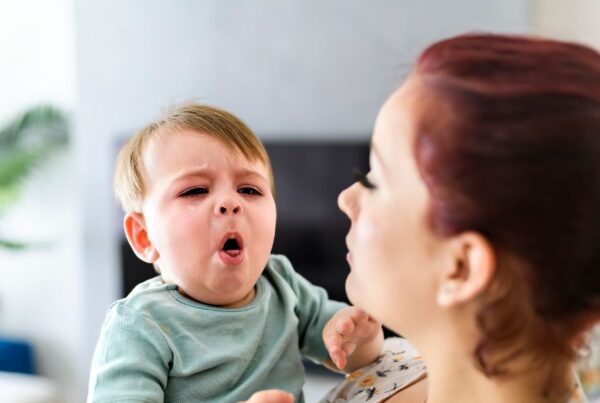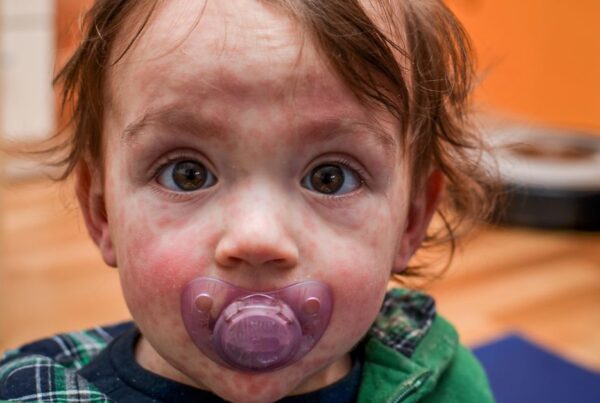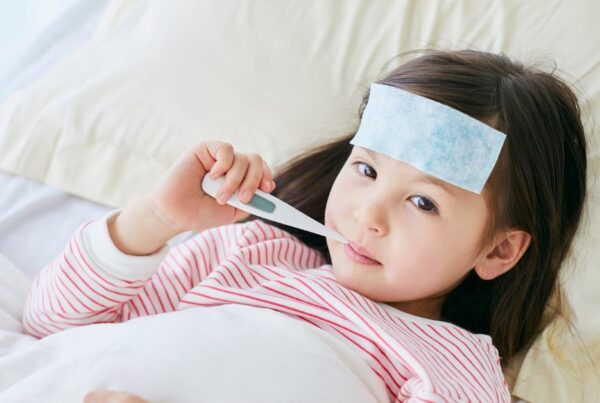More children now than ever are experiencing anxiety. If your child is exhibiting symptoms of anxiety, know that there are strategies that you can implement at home to help. Below are six of my top strategies to help a child struggling with anxiety. P.S. It’s rare to find parents who do all of these things and do them well. Be kind to yourself; you’re growing and developing as a parent, too.
Home-Based Support For Children With Anxiety
- Make sure that your child’s needs are being met for connection, time outside, sleep, physical play, hydration, and nutrients. Every child needs different levels of these things. Practice being a detective: pay attention to the days that your child really seems to thrive and notice and the days that they struggle; as yourself which needs are have or haven’t been met on those days.
- Have predictable routines to start and end the day. Book-ending the day with predictability, connection, and calm gives your child a centered place from which to go out into the world from and a safe haven to look forward to returning to.
- Understand that co-regulation is superior to self-regulation. Self-regulation of emotions is essential to well being in adulthood. The ability to self-regulate effectively is learned via co-regulation. This PDF document gives excellent advice on how to help your child regulate from infancy to young adulthood.
- Practice the art of staying present while giving space. Sometimes kids need some time and space when they are upset. Let them know that they can safely ask for space, and tell them you’re available whenever they want to talk or need a hug. Check in regularly.
- Take care of yourself so that you can model good mental health and stay present, grounded, and dependable through the ups and downs of childhood. This means making sure that your needs are met too. Hydration, nutrition, exercise, sleep, meditation, time outside, laughing with friends, and work/hobbies outside the home are all important for a parent’s well-being.
- Model self compassion. Parenting can be tough, exhausting, and stressful- especially in 2022. None of us are perfect. You deserve the same love and compassion that you offer to everyone else in your life. Practicing self compassion is also modeling self compassion which goes a long way to easing anxiety.
Nutraceutical Support For Children Struggling With Anxiety
Nutraceuticals can support and calm an anxious nervous system, but are secondary to home and lifestyle when considering how to help a child struggling with anxiety. That being said, they can offer incredible relief from symptoms and greater capacity to implement and respond to changes.
Basic support: a multivitamin, omega 3, and probiotic provide the foundation for healthy, developing nervous systems and should always be considered for mental health support.
Calming herbs: Look for a supplement that contains a synergistic blend of herbs that help to calm and can help with relaxation before bed at night, such as chamomile flowers and fresh valerian root (helps with insomnia), hops strobiles (for anxiety, sleep disorders, excitability), or fresh lobelia herb (decreases adrenaline).
Stress resilience herbs: Look for a supplement that contains herbs that help with mental health during times of stress, burn-out, and overwhelm. Such herbs may include astragalus root, ginkgo leaf, rhodiola root, licorice root, lobelia herb, and gotu kola herb.
Summary
As parents there is a lot we can do to support our children’s mental health, especially those struggling with anxiety. The main themes are offering predictability and stability; making sure that physical needs are met; modeling good mental health practices; and staying grounded and unruffled when our kids exhibit anxiety symptoms.
Nutraceutical support can help provide relief, but real healing of anxiety happens through connection.
If home treatment isn’t enough, don’t hesitate to reach out to a mental health professional to get help. In addition to the normal trials and tribulations of childhood, our kids are growing up through a pandemic, social isolation, climate change, and global instability. There is no shame in needing extra support.
References:
Practicing Self-Compassion When You’re Struggling with Anxiety
Co-Regulation From Birth Through Young Adulthood: A Practice Brief
Liu, R. T., Walsh, R., & Sheehan, A. E. (2019). Prebiotics and probiotics for depression and anxiety: A systematic review and meta-analysis of controlled clinical trials. Neuroscience and biobehavioral reviews, 102, 13–23.
Kiecolt-Glaser, J. K., Belury, M. A., Andridge, R., Malarkey, W. B., & Glaser, R. (2011). Omega-3 supplementation lowers inflammation and anxiety in medical students: a randomized controlled trial. Brain, behavior, and immunity, 25(8), 1725–1734.
Grosso G. (2021). Nutritional Psychiatry: How Diet Affects Brain through Gut Microbiota. Nutrients, 13(4), 1282.
Yeon, P. S., Jeon, J. Y., Jung, M. S., Min, G. M., Kim, G. Y., Han, K. M., Shin, M. J., Jo, S. H., Kim, J. G., & Shin, W. S. (2021). Effect of Forest Therapy on Depression and Anxiety: A Systematic Review and Meta-Analysis. International journal of environmental research and public health, 18(23), 12685.
Hartescu, I., Morgan, K., & Stevinson, C. D. (2015). Increased physical activity improves sleep and mood outcomes in inactive people with insomnia: a randomized controlled trial. Journal of sleep research, 24(5), 526–534.


